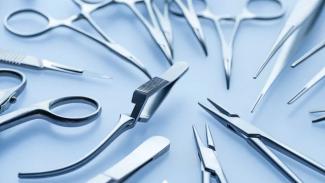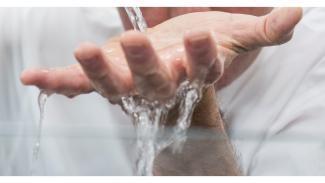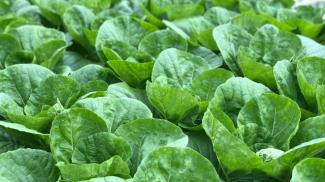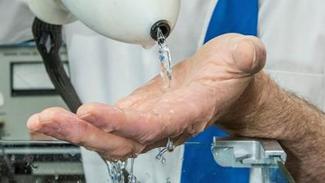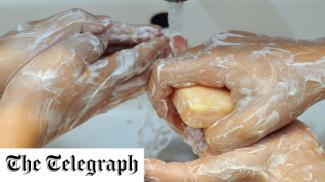Professor Leighton, Dr. Harling and other Global-NAMRIP members were concerned about globally-significant infections, writing in mid-2019 that since 2000, at least 5 novel viruses had crossed species barriers from wild animals to humans (SARS, MERS, Ebola, Avian-flu, Swineflu) and proven to be fatal to, and highly communicable between humans. They noted ‘it seems inevitable that further novel infections will emerge'.
When COVID-19 emerged, Global-NAMRIP members were prepared to deploy a range of projects to combat the pandemic and advocate for measures to combat future ones (that might be transmitted through air, body fluids, infect vectors etc.). Sloan Water Technology began by building PPE and distributing it for free to first responders, and then developed enhanced water taps in order to more effectively clean PPE, intubation tubes and other surfaces, to remove infectious contamination. Subsequently, they received a contract from Innovate UK, the UK’s innovation agency, as part of the UK Government’s drive to beat the COVID-19 pandemic.
Innovate-UK invested in the ultrasonic stream technology originally invented by Professor Timothy Leighton and developed by SWT into a range of inventive devices that have the ability to clean surfaces without heating or additives. By passing ultrasound down a gentle stream of tap water, that stream is given the ability to remove the respiratory secretions in which the virus resides (droplets of fluids ejected from the human respiratory tract). Innovate-UK have invested in SWT technologies to remove the SARS-CoV-2 virus responsible for COVID-19 from hands, PPE and touch surfaces (e.g. keypads), so breaking the chain of infection by these routes from person to person.
SWT’s streams could be particularly useful in the early days of a future pandemic, because:
- if routinely used, they will combat the infection before it grows into a pandemic and is identified as such;
- by removing the virus without heating or additives, the streams are effective against the virus when supply lines (of bleach, biocide, soap, detergent, etc.) are interrupted (e.g. through panic-buying, illness amongst producers/packages/warehouses/delivery workers). They are also allowing viral removal through routine cleaning when supplies of cleaning products are exhausted (e.g. on cruise ships) or yet to be fully stocked (e.g. in first setting up Nightingale hospitals).
- ongoing use of the streams in cleaning reduces all other infections (they are even effective at cleaning away difficult-to-remove items such as prions), reducing the burden placed on healthcare-systems by infections other than the primary pandemic.
